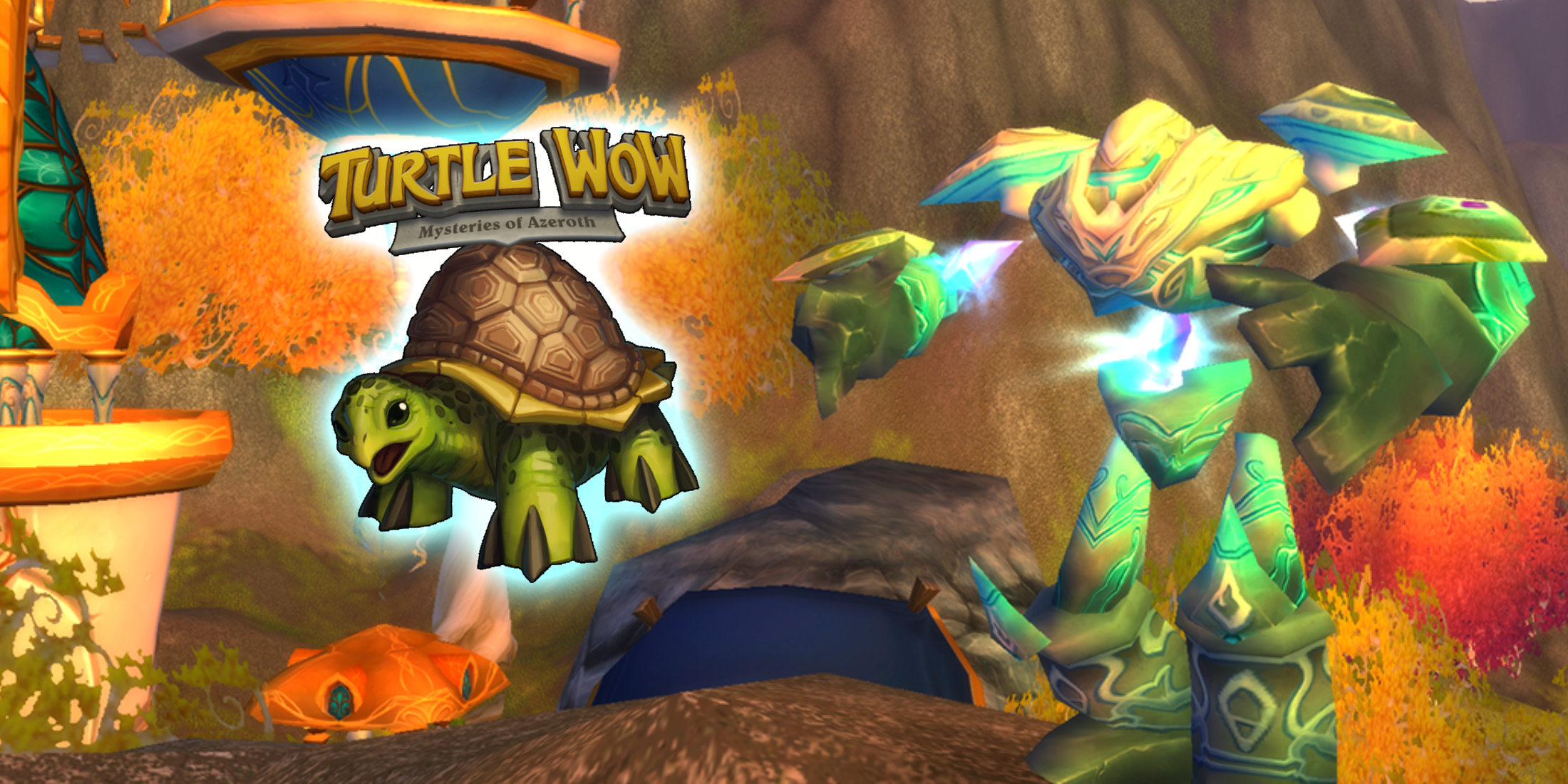"Clair Obscur: Expedition 33 Sparks Debate on Turn-Based Games' Relevance"
The discussion around turn-based games in the role-playing genre has been reignited with the release of *Clair Obscur: Expedition 33*. This new RPG, which launched last week, has garnered widespread acclaim, including from IGN, for its bold embrace of classic turn-based mechanics. The game openly draws inspiration from iconic titles like Final Fantasy VIII, IX, and X, featuring a turn order, Pictos to equip and master, zoned-out "dungeons," and an overworld map. In an interview with RPGsite, producer Francois Meurisse emphasized that *Clair Obscur* was designed as a turn-based game from the outset, blending elements from FromSoftware's *Sekiro: Shadows Die Twice* and the playful combat of *Mario & Luigi* series through quick-time events and defensive mechanics.
The unique combat system in *Clair Obscur: Expedition 33* has sparked a lively debate on social media, particularly as it challenges the prevailing trend of action-based RPGs. The success of *Clair Obscur* has fueled discussions about the direction of major franchises like Final Fantasy, especially in light of comments made by Naoki Yoshida during the media tour for *Final Fantasy XVI*. Yoshida noted a growing sentiment among younger audiences who find less appeal in command-based RPGs, which has influenced the series' shift towards more action-oriented gameplay in titles like *Final Fantasy XV*, *XVI*, and the *VII* remake series.
However, the narrative around turn-based games and their viability is more complex than a simple shift in mechanics. Square Enix, despite moving Final Fantasy towards action-based systems, continues to support turn-based RPGs with titles like *Octopath Traveler 2*, *SaGa Emerald Beyond*, and the upcoming *Bravely Default* remaster for Switch 2. This suggests that the publisher hasn't abandoned the format but is diversifying its offerings to cater to different player preferences.
While some fans argue that *Clair Obscur* represents what Final Fantasy "should" be, this oversimplifies the unique identity and evolution of the Final Fantasy series. Each game in the series has its own aesthetic and narrative drive, which cannot be easily replicated by adopting another game's mechanics. The success of *Clair Obscur* should be celebrated for its own merits, such as its innovative combat system, compelling soundtrack, and thoughtful world-building, rather than as a template for other franchises.
The discussion around turn-based versus action-based RPGs isn't new; it's a recurring theme that has been debated with games like *Lost Odyssey* and even comparisons between *Final Fantasy VI* and *VII*. Sales performance, as Yoshida pointed out, also plays a significant role in shaping the direction of major franchises. Despite *Clair Obscur: Expedition 33* achieving 1 million sales in just three days, Square Enix's expectations for Final Fantasy typically aim higher.
The broader lesson from *Clair Obscur*'s success lies in the importance of authenticity and innovation. Games that genuinely reflect their creators' vision and passion, like *Baldur's Gate 3* and *Metaphor: ReFantazio*, have demonstrated that turn-based RPGs can still achieve both critical acclaim and commercial success. As the gaming industry evolves, the key for developers is to stay true to their creative impulses, rather than merely imitating past successes. This approach not only fosters unique and engaging experiences but also ensures that the genre continues to thrive and evolve.
-
Valhalla Survival's July update brings the heat this summer.The new Abyss difficulty level arrives, offering Mythic equipment to craft.This patch introduces the Lightning Chain skill and a weekly guild mission system.Summer is here, bringing a freshAuthor : Gabriella Feb 17,2026
-
PolyFootball marks the latest entry into the genre of sports management simulations.Experience a familiar team management framework, now enhanced with refreshed visuals.Enjoy straightforward and accessible sports simulation gameplay on iOS.It's quiteAuthor : Stella Feb 17,2026
-
 4 Фото 1 Слово. Где логика?Download
4 Фото 1 Слово. Где логика?Download -
 Words Crush: Hidden Words!Download
Words Crush: Hidden Words!Download -
 High Neck RunDownload
High Neck RunDownload -
 Game Tổng hợpDownload
Game Tổng hợpDownload -
 Journey to BlissDownload
Journey to BlissDownload -
 Zombie Sniper War 3Download
Zombie Sniper War 3Download -
 Ring of Words: Word FinderDownload
Ring of Words: Word FinderDownload -
 Fishing Online: Classic fish machine, free gameDownload
Fishing Online: Classic fish machine, free gameDownload -
 Миллионер - игровые автоматыDownload
Миллионер - игровые автоматыDownload -
 Bike LifeDownload
Bike LifeDownload
- HoYo Fest 2025: Fresh Updates on Comeback
- Roblox Simulator Codes: Unlock Exclusive Rewards!
- Mastering Two-Handed Weapons in Elden Ring: A Guide
- Ultimate Guide to Shinigami Progression in Hollow Era
- Wuthering Waves: Uncover the Secrets of Whisperwind Haven's Palette
- Top 25 Palworld Mods to Enhance Your Game













